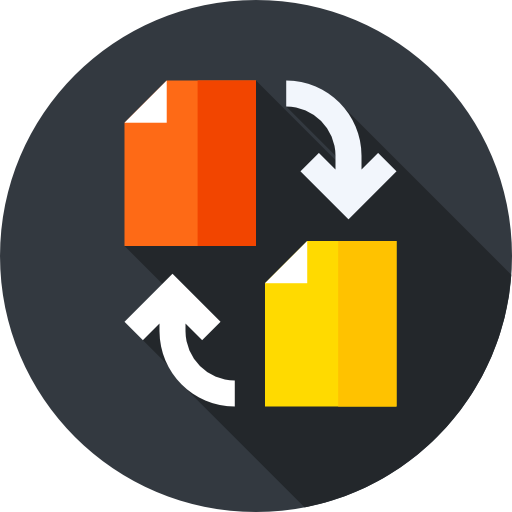 json to yaml/xml converter
json to yaml/xml converterThe JSON to YAML/XML converter tool from olajson.com offers steady features while converting a JSON file to a YAML/XML file. The main features include the file type conversion from JSON format to YAML/XML format, downloading of the YAML/XML files, etc. other salient features include faster processing time, safe file conversion, etc. the trick is that it even works on a normal internet connection and even slower internet connection.
There are 4 basic steps using which the user can convert their file to an YAML/XML file, they are - Upload the JSON file which requires a change in the left side space provided. - Select the required file type from the option ‘convert’ - Hit the conversion button to start the file conversion. - Wait for an instant for the conversion to complete. - Hit the “download” option to download the converted file. Using the above-mentioned steps, the users can convert their files from variable JSON format to YAML/XML format.
Time is the fun fact present here, wherein we upload the JSON file and see the magic unfold. Most of the JSON files which the user uploads are made up of small or medium size, so the conversions happen in an instant where we can convert JSON files to YAML/XML files back-to-back, and all it takes is a device to operate the browser and open the website with a normal or even a slower internet connection. Factors include the size of the file, etc.
YAML is a human-readable data serialization standard that can be used in conjunction with all programming languages and is often used to write configuration files. The flexibility is partially due to the fact that YAML is made up of bits and pieces of other languages. Some of the other features here are YAML is naturally insensitive to quotation marks and braces, making special characters easier to define, particularly in strings. YAML is a data-oriented language that has features derived from Perl, C, HTML, and other languages. YAML is a superset of JSON that comes with multiple built-in advantages such as including comments, self-referencing, and support for complex datatypes.
JavaScript Object Notation (JSON) is a standard text-based format for representing structured data based on JavaScript object syntax. It is commonly used for transmitting data in web applications (e.g., sending some data from the server to the client, so it can be displayed on a web page, or vice versa). It uses human-readable text to store and transmit data objects consisting of attribute–value pairs and arrays (or other serializable values). When you have a large JSON file, you need to edit it and perform calculations with it. JSON Editors are the specialized tools for editing your JSON files using DTD and different structures like schemas and trees, such as the olajson.com.
The key difference which separates a JSON file from a YAML file is that YAML is a superset of JavaScript Object Notation (JSON) but has some built-in advantages. For example, YAML can self-reference, support complex datatypes, embed block literals, support comments, and more. Overall, YAML tends to be more readable than JSON as well.
The JSON to YAML/XML converter tool from olajson.com is not connected to any server out there, so the data which the user is working on will not be stored anywhere and as a result, it will be erased instantly when the user refreshes the browser which he is working on. The files which are worked on will also be removed after the user exits or closes the tab on which the extension page of the website is open.
Code themes are a form of qualitative analysis which involves recording or identifying passages of text or images that are linked by a common theme or idea allowing us to index the text into categories. Olajson.com provides 10 different code themes which are twilight, ambiance, Dracula, eclipse, GitHub, gob, XCode, vibrant ink, terminal, tomorrow night blue, etc.
Yes, the file converting feature from olajson.com can be used on any operating system, even LINUX. It is built with the latest code and features which enables the user to use the file converter on any operating system such as MAC OS, Windows, and Ubuntu, provided there is a device with a stable internet connection. The magic trick is that it even works on a slower internet connection.
Yes, the JSON to YAML/XML converter feature from olajson.com can be used on iOS devices and even on android devices. It is built with the latest features which provide the user to use this extension file on any operating system, all it needs an internet connection and a good web browser.
First, upload a JSON file that requires a change, then use the file converter option to convert the JSON file type to YAML/XML file. Then use the download option which is given at the bottom of the website, this saves the changes made to the YAML/XML files and then downloads the YAML/XML file which is modified.
We gladly take in any issue or suggestions offered by all the users, please contact us through our social media handles for more information. Olajson.com is available on all the leading social media websites such as Gmail, Facebook, Instagram, YouTube, and LinkedIn, etc.